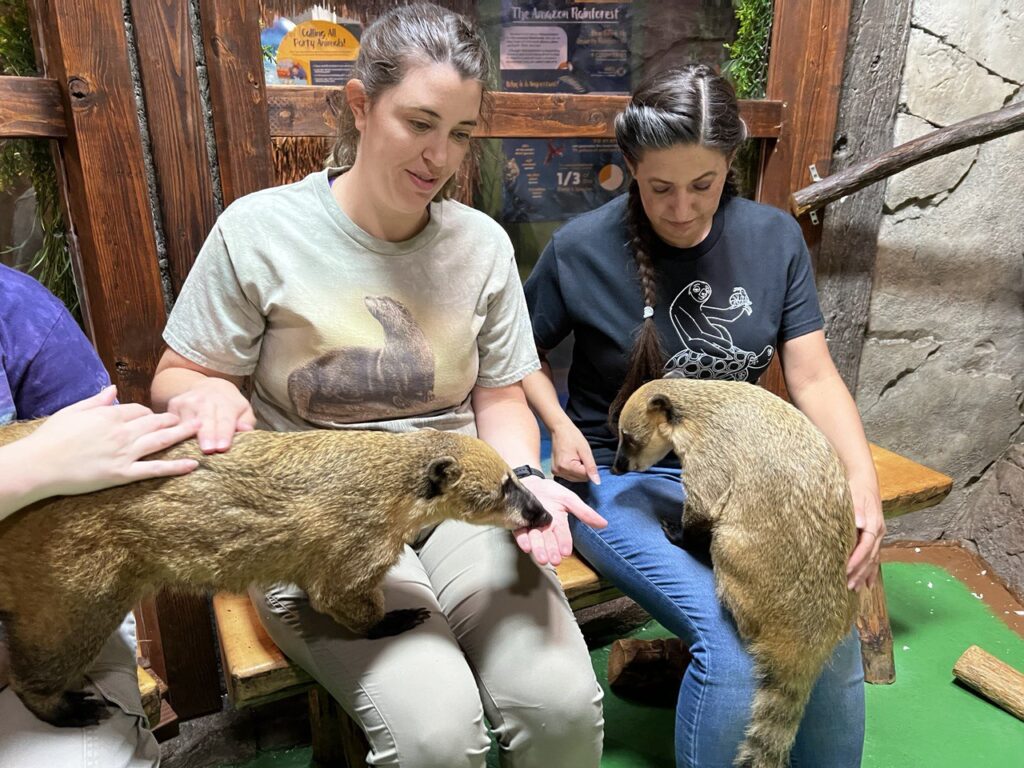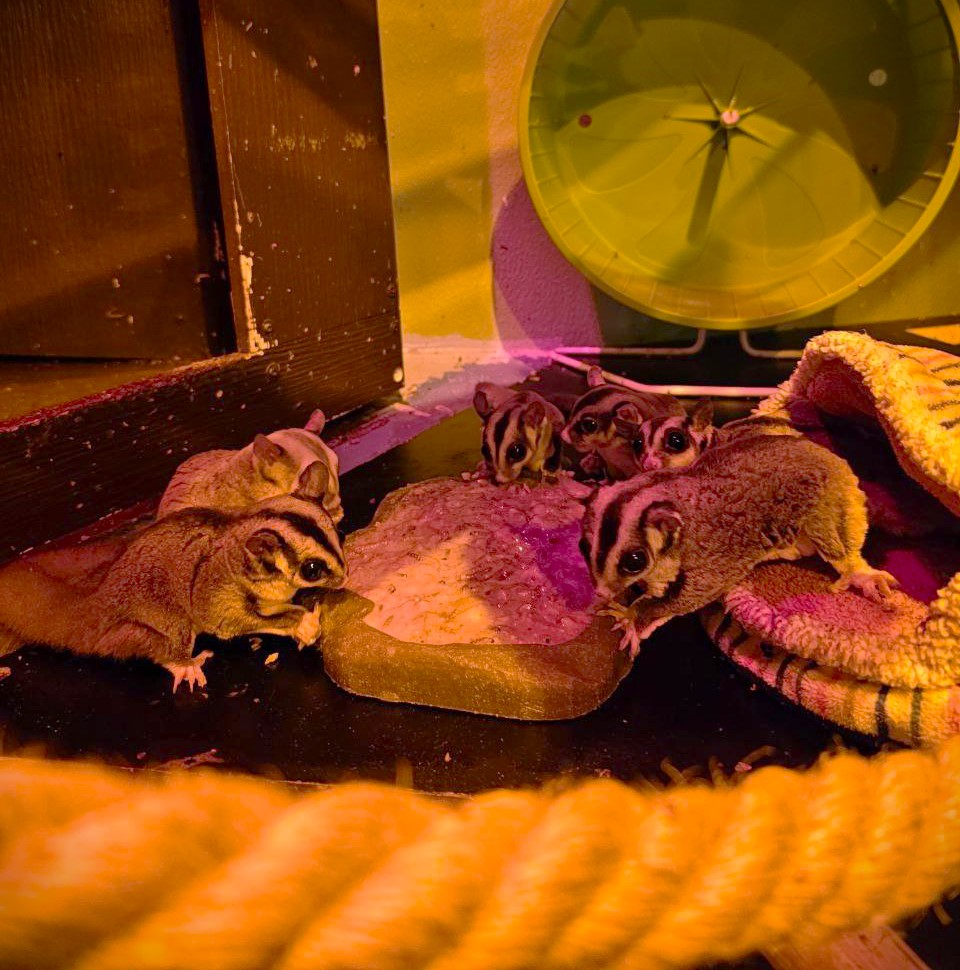Meet the Black Tip Reef Shark!
Share it on:

What is a Black Tip Reef Shark?
The blacktip reef shark (Carcharhinus melanopterus) is a species of requiem shark which lives in the Carcharhinidae family. Blacktip reef sharks can be easily identified by the black tips on all of their fins. They are one of the most commonly seen species of reef sharks. Blacktip reef sharks are usually found in more shallow waters around 10 – 20 feet deep. Divers have reported seeing them as far down as 200 feet or higher. They are usually spotted swimming closer to shore lines with their dorsal fin sticking out of the water. Younger Black Tips prefer shallow, sandy flats, while older Black Tips generally stick to reef ledges and reef drop-offs.
How Big Do Black Tip Reef Sharks Get?
Blacktip reef sharks grow to a maximum of about 6 feet and weigh up to 30 pounds.
What Do Black Tip Reef Sharks Eat?
They are mostly opportunistic feeders, which makes reef fish the biggest staple of their diet. However, they do also feed on crustaceans, squid, and octopus.
How Long Do Black Tip Reef Sharks Live?
Blacktip reef sharks live an average lifespan of 10 years, though some live as long as 13-15 years.
Where Do Black Tip Reef Sharks Live?
The blacktip reef shark is found in tropical coral reefs, nearshore waters of the tropical and subtropical Indo-Pacific ocean.
Did You Know? To Hawaiians, Mano (sharks) are highly regarded as Aumakua or spirit animals that once lived in human form.
Are Black Tip Reef Sharks Dangerous?
The blacktip reef shark is a shy but curious shark. As divers are exploring the underwater sites, some black tips will swim over just to observe the human behavior. They are mostly wary and easily frightened, so can get scared off quickly. Because they have a large presence in shallow reefs, Blacktips often find themselves coming into contact with people, but they are not known to be aggressive. There has never been a fatal attack on a human by a blacktip reef shark.
Is the Black Tip Reef Shark Endangered?
Along with many other shark species, the blacktip reef shark population is on the decline. They are currently listed as Near Threatened.
How You Can Help Save the Sharks
Sharks play an essential part of the ocean’s food chain and help balance the ecosystem. There is an increased demand for shark products which is producing a significant issue with shark hunting and finning. Overfishing, shark finning, and other ocean pollution threaten the ecosystem and rish extinction for many shark species. Each hour 11,417 sharks are slaughtered.
SeaQuest is committed to protecting our world’s oceans and endangered animals. We focus on how to be proactive in finding solutions. To learn more about Black Tip Reef Sharks and how you can help SeaQuest save their species, book your visit today at any of the following locations: Utah, Las Vegas, Dallas-Fort Worth, Denver, Sacramento, Minneapolis, Connecticut, Lynchburg, New Jersey, and Atlanta.




